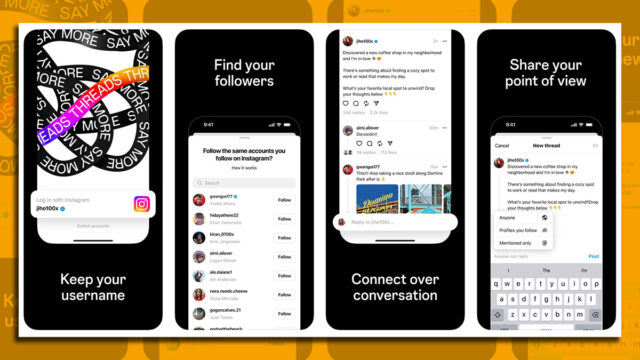Most rebrands begin with an introduction to the name, the story behind it and where the information came from to inform the change. What led to the new name, and why does it reflect who the company is today vs. years ago? And, perhaps most importantly, how does it represent the community that it serves?
When I think of Twitter, I think of a community of people who come together to chat about specific topics. It represents relationship-building and how online followers can become IRL friendships (seriously, I’ve met a number of friends over Twitter).
The bird and the language around Twitter all represented that community in some way. The name and branding of X feel incomplete—consider another controversial rebrand, dropping the HBO from streaming service HBO Max, that had a rollout, providing an explanation of the changes.
The straw that broke the brand’s back
The pattern of hastily made decisions since Musk’s takeover has shaken users’ trust and led advertisers to question whether this is a platform where they want to keep spending precious marketing dollars.
The number of U.S. users has dropped since the change in leadership. I personally see fewer of my peers and friends tweeting than previously. Even the number of advertising-related #TwitterChats has decreased.
In comparison, despite their own missteps, Facebook and Instagram feel more stable. With the recent addition of Threads, a direct rival to Twitter, to Mark Zuckerberg’s social empire, I would rather put money into those platforms or other advertising executions.
At the end of the day, this all feels like it’s more about the ego of the company’s owner than what the target audience truly wants. A short list of those requests: an edit button, less hate speech, more user protection, a chronological feed and suggested users based on our own usage of the platform. And as we all know, a brand is about more than the owner, CEO or any stakeholder within the company. It’s about how the public (your target audience) sees you.


